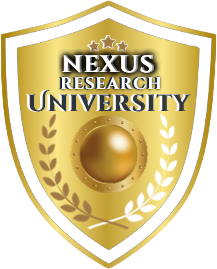Masters of Divinity
Masters of Divinity (MDiv) course descriptions, covering a range of common theological and ministerial subjects:
1. Systematic Theology I: God
This course explores foundational doctrines of Christian theology, beginning with the nature and attributes of God. Students will engage with classical and contemporary theological sources to examine topics such as:
Trinity: The doctrine of the Father, Son, and Holy Spirit.
Creation: God as Creator and Sustainer of the universe.
Providence: God's sovereignty and human freedom.
Revelation: How God reveals Himself to humanity.
2. New Testament Greek
This course introduces students to the fundamentals of Koine Greek, the language of the New Testament. Emphasis will be placed on grammar, vocabulary, and reading comprehension of selected texts from the Gospels and Epistles.
3. Preaching and Worship
This course focuses on the art and practice of preaching and leading worship. Students will develop skills in:
Exegesis: Interpreting biblical texts for preaching.
Homiletics: Crafting effective and engaging sermons.
Liturgy: Planning and leading meaningful worship services.
Public speaking and communication.
4. Christian Ethics
This course examines ethical issues facing the church and the world today. Students will engage with biblical, theological, and philosophical perspectives on topics such as:
Bioethics: Abortion, euthanasia, genetic engineering.
Social justice: Poverty, racism, environmentalism.
Sexuality and marriage: Same-sex relationships, gender identity.
War and peace.
5. History of Christianity
This course surveys the history of Christianity from its origins in the first century to the present day. Students will explore:
Early Church: The spread of Christianity in the Roman Empire.
Reformation: The rise of Protestantism and its impact on Western civilization.
Modern Christianity: Contemporary movements and challenges.
Key Considerations for Writing MDiv Course Descriptions:
Clarity: Use concise and accessible language that is easy for prospective students to understand.
Specificity: Clearly define the course objectives, learning outcomes, and topics covered.
Relevance: Emphasize the practical application of the course material to ministry and Christian life.
Assessment: Briefly mention the types of assignments and assessments used in the course (e.g., exams, papers, presentations).
Course Content
Professional Masters in Project Management
0 Lessons
